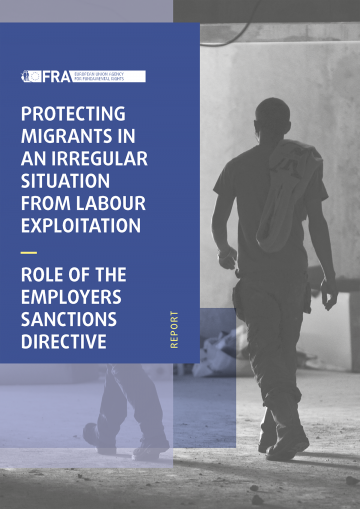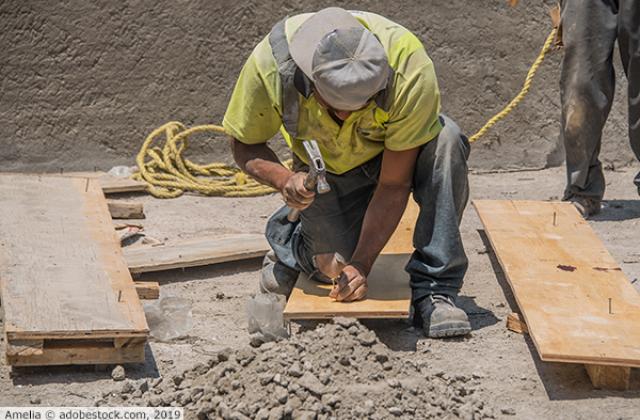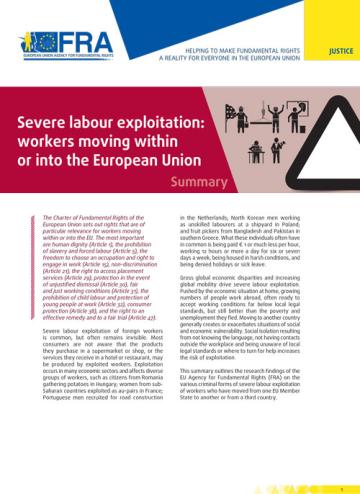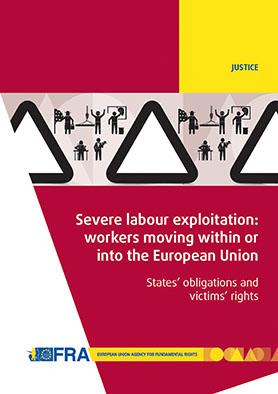How would you feel if you worked hard but did not receive your pay? If you were forced to work in inhumane conditions and subjected to beatings and threats? Would you complain if you knew that this could reveal that you have no official status in the country you work in? And if you got the courage to report the abuse you have been experiencing, where would you turn to if you did not speak the country’s language?
In 21st century Europe, thousands of exploited workers are forced to work endless hours with no or little pay and without adequate safety equipment. Many of those exploited workers are migrants in an irregular situation. Without any official status, they are an easy pray for exploitative employers.
The EU Employers Sanctions Directive was primarily enacted to dissuade employers from recruiting migrants in an irregular situation, by providing sanctions for those who do. But it also contains provisions to protect workers. It facilitates access to justice for exploited workers and sets out workers’ rights to claim back payment of outstanding wages. Yet, it does not work as it should in practice.
Migrant workers often do not know what their rights are and where to complain. If they do complain, they still do not manage to get the compensation from their employers. And by complaining, they risk being detected, detained and deported.
Regardless of their status, workers have human rights. They should not be exposed to violence and abuse, they should not be forced to work in inhumane or dangerous conditions and they should get paid for their work.
This report shows what needs change to ensure workers’ rights are respected. From improving the complaint systems, to providing more information and ensuring irregular workers get compensated for their work, EU countries can do a lot more to protect workers from exploitative employers. It can start with small steps, for example by requiring labour inspections to focus on labour conditions and not on reporting workers’ status to immigration authorities.









